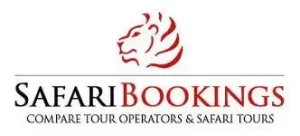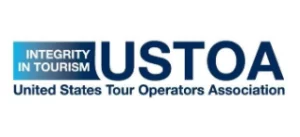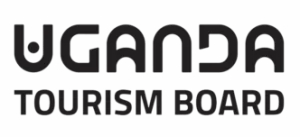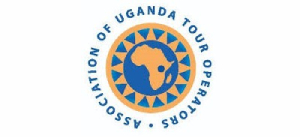Can I Book Safaris Directly with Lodges?
An In-Depth Guide by Great Migration Adventure
Booking a safari in East Africa is one of the most thrilling travel decisions one can make. The promise of witnessing the Great Migration, encountering lions on the prowl, hearing elephants trumpet at dawn, or gazing at a thousand stars from a luxury tented camp is incredibly alluring. But once the excitement settles, the practicalities of planning set in. One common question travelers ask is: Can I book safaris directly with lodges? The short answer is yes—but whether it’s the best option depends on several factors. In this article, we’ll unpack the pros and cons of booking safaris directly with lodges versus going through tour operators, provide insights into different lodge types, examine pricing structures, explore logistical concerns, and give recommendations tailored to various traveler profiles.
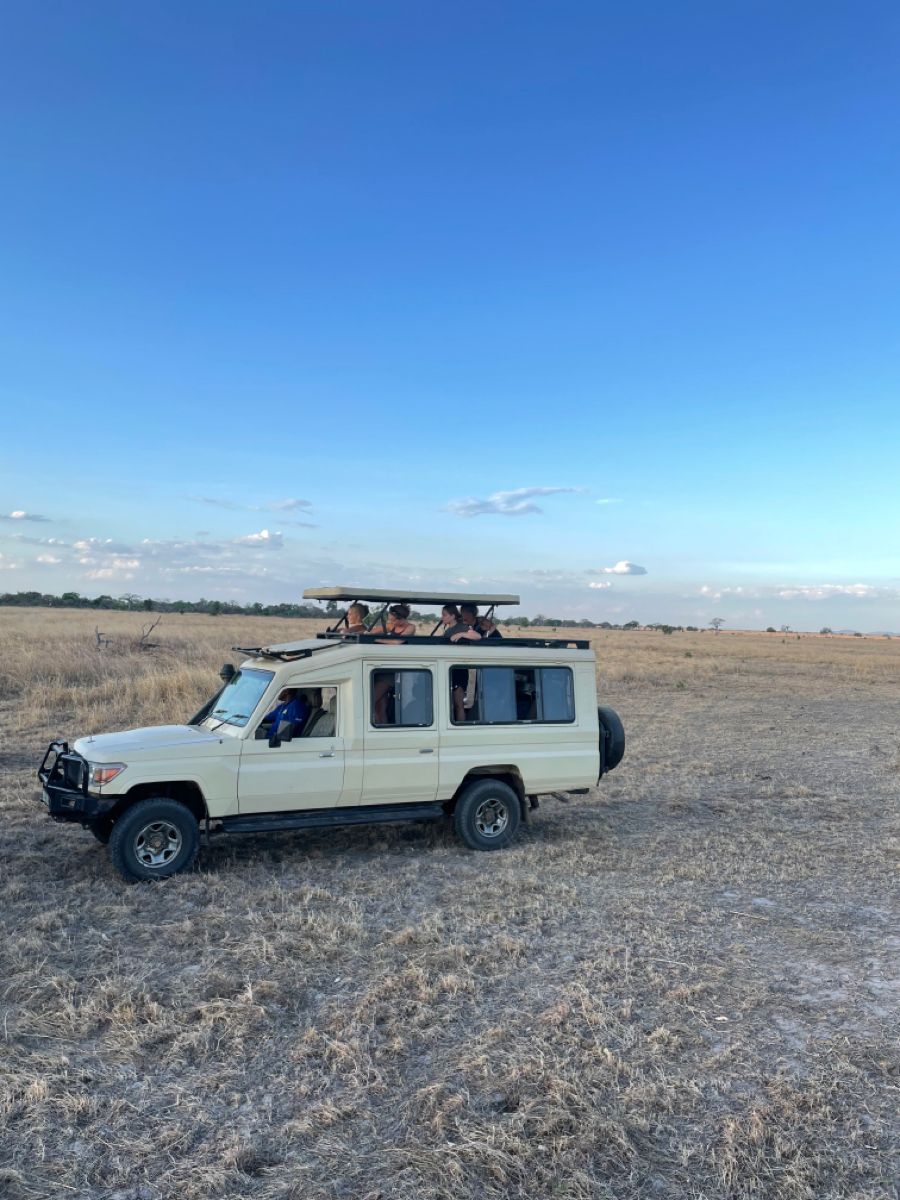
Understanding the Safari Booking Landscape
Before diving into direct lodge bookings, it helps to understand the key players in the safari landscape:
- Tour Operators: These are companies or individuals who design and organize safari itineraries, often bundling together accommodations, park fees, guides, and transportation. They typically have long-standing relationships with lodges and camps.
- Lodges and Camps: These are the actual accommodations—ranging from rustic bush camps to five-star luxury lodges—located within or near national parks and reserves.
- Travel Agents: They serve as intermediaries, connecting travelers with operators or directly with lodges.
- Online Booking Platforms: Websites like Booking.com or SafariBookings.com offer listings of lodges with availability and pricing, sometimes including safari packages.
Each of these entities offers a different experience in terms of convenience, customization, and cost.
The Appeal of Booking Directly with Lodges
Many travelers are tempted to cut out the middleman and book directly with lodges for various reasons:
- Cost Savings: It’s natural to assume that booking directly avoids commission fees charged by agents or operators. Some lodges may offer a discount for direct bookings.
- Personalized Communication: Speaking directly with lodge staff may provide a more intimate understanding of what to expect.
- Trust and Transparency: Some travelers feel more in control when dealing with the property where they’ll stay.
- Package Deals: Certain lodges offer inclusive safari packages that cover accommodation, meals, game drives, and even transfers.
While these benefits are real, there are important caveats to consider.
Challenges of Booking Directly with Lodges
Booking directly isn’t always simpler or cheaper. Here are some potential downsides:
- Limited Itinerary Planning: Most lodges can only offer activities within their location. If you’re planning a multi-park or cross-country itinerary, you’ll need to coordinate with several lodges separately.
- Transportation Logistics: Many lodges don’t offer transportation between parks or from airports. You might have to arrange for transfers separately.
- Higher Overall Cost in Some Cases: Surprisingly, some operators have negotiated rates that are lower than what you’d pay directly. Bulk bookings and longstanding partnerships give them leverage.
- Language Barriers and Delays: Not all lodges have dedicated reservation teams fluent in English or available for prompt communication, especially remote bush camps.
- Risk of Overbooking or Miscommunication: Especially in peak season, lodges may confirm bookings manually. Errors can occur.
What Kind of Lodges Can You Book Directly?
Here’s a breakdown of the main types of safari lodges and their booking approaches:
- Luxury Lodges: High-end properties like Elewana, Sanctuary Retreats, or Singita often have centralized booking offices and responsive reservation teams. They also work with operators but welcome direct bookings.
- Mid-Range Lodges: These lodges are more budget-friendly but still offer excellent experiences. Examples include Sopa Lodges or Serena Hotels. Many allow direct bookings through their websites.
- Community-Run Camps: These lodges are often managed by local communities and offer authentic, sustainable experiences. Booking may require emailing directly or working through a local NGO.
- Mobile Tented Camps: Often seasonal and located deep in the bush, these may only be bookable through tour operators due to their complexity and mobility.
Booking Tips for Direct Lodge Reservations
If you decide to book directly, here’s how to ensure a smooth experience:
- Use Official Lodge Websites: Avoid third-party booking sites unless they are reputable.
- Confirm Inclusions: Some rates include game drives and meals; others do not.
- Ask About Transfers: Confirm how you’ll get to the lodge and whether they can help arrange transportation.
- Inquire About Park Fees: These are often excluded from accommodation rates and must be paid separately.
- Communicate Dietary or Accessibility Needs: Ensure the lodge can accommodate any special requirements.
- Get Written Confirmation: Always request a booking confirmation email with all the details.
Tour Operator vs. Direct Booking: A Comparison
| Feature | Tour Operator | Direct Lodge Booking |
|---|---|---|
| Itinerary Planning | Full itinerary across multiple parks | Lodge-specific only |
| Logistics & Transfers | Usually included | Must arrange separately |
| Pricing | May include discounts or commissions | Occasionally cheaper, but not always |
| Flexibility | High (can customize entire trip) | Limited to lodge’s offerings |
| Support | 24/7 local support | Lodge-based support only |
When Booking Directly Makes Sense
- You’re Visiting One Location Only: If your safari is limited to a single park or area, direct booking may be cost-effective.
- You’ve Been Before: Experienced safari-goers who know the terrain may prefer to coordinate their own stays.
- You’re on a Tight Budget: Backpackers or budget travelers may contact lodges directly to find discounted or last-minute deals.
- You Want to Support Local Businesses: Booking directly may ensure more revenue goes to the lodge, especially for community-run camps.
When You Should Consider a Tour Operator Instead
- Multi-Destination Safaris: Operators shine in weaving together complex itineraries with minimal hassle.
- First-Time Visitors: If it’s your first safari, a seasoned operator can help navigate visas, vaccination requirements, park rules, and more.
- Group Safaris: Operators often manage group logistics better and may offer discounts.
- Limited Time: You don’t want to waste precious vacation time coordinating transfers or chasing confirmations.
Custom Safari Packages by Lodges
Some lodges—particularly those in chains—offer custom safari packages that include:
- Game drives with in-house guides
- Full-board meals
- Park entrance fees
- Cultural excursions (e.g., village visits)
- Bush walks or night safaris
These can offer great value, especially if you’re staying for multiple nights.
Communication and Trust
Building trust with the lodge is vital. Here’s how to ensure you’re dealing with a legitimate entity:
- Check Reviews: Look for genuine traveler reviews on forums like TripAdvisor.
- Look for Accreditation: See if the lodge is affiliated with tourism boards or associations.
- Use Secure Payment Methods: Always use verified payment gateways or bank transfers with invoice documentation.
Hybrid Approach: The Best of Both Worlds
Some travelers opt for a mixed approach:
- Use a tour operator for the main safari circuit (e.g., Serengeti, Maasai Mara, Bwindi)
- Book a single lodge directly for an extension (e.g., a beach stay in Zanzibar or a gorilla trek add-on)
This provides the convenience of an organized trip with the flexibility of direct booking.
What About Last-Minute Bookings?
During peak season (June to October), direct bookings can be risky due to high demand. Tour operators may still have room through their block bookings, while lodges may be fully reserved. In low season, however, direct booking might yield last-minute deals.
Questions to Ask a Lodge Before Booking
- What’s included in the rate (meals, drives, park fees)?
- Do you offer transfers from the nearest airstrip or town?
- What’s your cancellation policy?
- Are guides included, or must I hire them separately?
- Is there Wi-Fi or mobile reception?
- Are there medical facilities nearby?
- Can you accommodate special dietary needs?
- What kind of wildlife can I expect to see?
- Do you operate sustainably or partner with local communities?
- Can you provide references or reviews from past guests?
Final Thoughts: Making the Right Choice for You
Ultimately, booking a safari is about creating a meaningful and seamless experience in the wild. Whether you choose to book directly with lodges or work with a reputable safari operator depends on your experience level, budget, and the complexity of your itinerary.
For first-timers or travelers looking for a worry-free experience, Great Migration Adventure recommends using an experienced operator who can ensure that every detail is taken care of—from airport pickups and park permits to seamless border crossings and expert guides.
However, if you’re confident in your travel planning skills, have a fixed destination in mind, or wish to engage more directly with local lodges, then direct booking might be the right fit.
Either way, your East African safari promises to be unforgettable.
About Great Migration Adventure
At Great Migration Adventure, we specialize in crafting tailor-made safari experiences across Kenya, Tanzania, Uganda, Rwanda, and beyond. Our team of local experts ensures seamless logistics, handpicked lodges, and unforgettable wildlife encounters. Whether you’re a seasoned safari-goer or a first-time explorer, we help you journey deeper.


